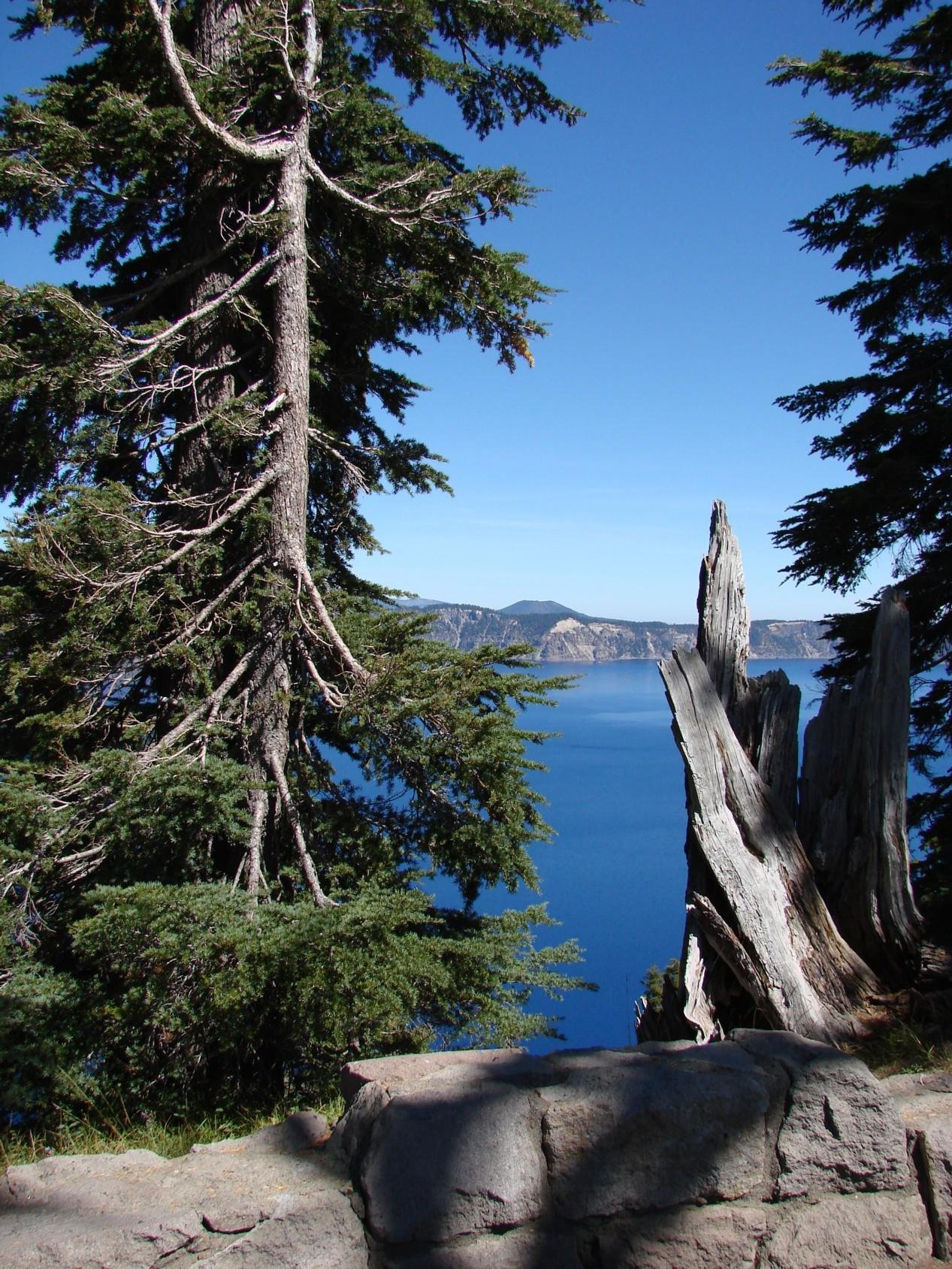Crater Lake, one of America’s most iconic natural wonders, has been the subject of concern regarding its water levels. Despite rumors and speculation, scientific data indicates that Crater Lake is not drying up. The lake’s water level remains relatively stable, with only minor annual fluctuations. This article explores the current state of Crater Lake’s water levels, the impact of climate change, and the factors affecting its ecosystem.
Is Crater Lake’s Water Level Declining?

Contrary to popular belief, Crater Lake’s water level is not experiencing significant long-term declines. Here are some key facts:
- Annual water level fluctuations are typically less than three feet
- No substantial percentage decrease in water level over the past decade
- Projections for the next five years suggest continued stability
The lake’s hydrological balance is maintained through a delicate equilibrium between evaporation and precipitation. This natural process helps keep the water level relatively constant over time.
How Does Climate Change Affect Crater Lake’s Evaporation?

While climate change is a global concern, its impact on Crater Lake’s evaporation rates is not as dramatic as one might expect:
- The lake’s deep and cold nature acts as a buffer against rapid changes
- Seasonal variations in evaporation and precipitation continue to be the primary drivers of water level fluctuations
- No specific data shows significant changes in evaporation rates due to climate change
It’s important to note that while climate change can influence weather patterns, Crater Lake’s unique characteristics help maintain its stability.
What Are the Main Causes of Evaporation in Crater Lake?
The evaporation process in Crater Lake is primarily driven by natural factors:
- Seasonal temperature changes
- Solar radiation
- Wind patterns
- Atmospheric pressure
Human activities have minimal direct impact on the lake’s evaporation rates. The natural balance between evaporation during summer months and precipitation during winter helps maintain the lake’s water level.
Has Drought Affected Crater Lake’s Ecosystem?
Surprisingly, droughts have not significantly impacted Crater Lake’s ecosystem or water levels. Here’s why:
- The lake’s depth and volume provide resilience against short-term weather fluctuations
- No documented significant drought-related events in the past 20 years have severely affected the lake
- Flora and fauna in the area have adapted to the lake’s stable environment
This resilience is a testament to the unique geological and hydrological characteristics of Crater Lake.
What Measures Are in Place to Monitor Crater Lake’s Water Levels?
To ensure the long-term health of Crater Lake, several monitoring measures are in place:
| Monitoring Method | Frequency | Purpose |
|---|---|---|
| Water level gauges | Daily | Track short-term fluctuations |
| Satellite imagery | Monthly | Observe large-scale changes |
| Chemical analysis | Quarterly | Assess water quality |
| Ecological surveys | Annually | Monitor ecosystem health |
These comprehensive monitoring efforts help scientists and park managers maintain a clear picture of Crater Lake’s health and respond to any potential issues promptly.
Can Visitors Contribute to Crater Lake’s Conservation?
Absolutely! Visitors play a crucial role in preserving Crater Lake. Here are some ways to contribute:
- Follow park guidelines and stay on designated trails
- Properly dispose of waste and use recycling facilities
- Participate in citizen science programs when available
- Educate others about the importance of preserving natural wonders like Crater Lake
By being responsible visitors, we can all help ensure that Crater Lake remains a pristine natural wonder for generations to come.
What Does the Future Hold for Crater Lake?
Based on current data and projections, the future of Crater Lake looks stable:
- Water levels are expected to remain consistent in the coming years
- Ongoing research will provide more insights into long-term trends
- Conservation efforts continue to protect the lake’s ecosystem
While climate change remains a global concern, Crater Lake’s unique characteristics make it resilient to short-term environmental changes.
In conclusion, the question \”Is Crater Lake drying up?\” can be answered with a resounding no. The lake’s stable water levels, resilient ecosystem, and ongoing conservation efforts ensure that this natural wonder will continue to captivate visitors for years to come.
References:
1. Science & Discovery – Crater Lake National Park Trust
2. Changes of Water Level in Crater Lake – Crater Lake Institute
3. Park Air Profiles – Crater Lake National Park – National Park Service

